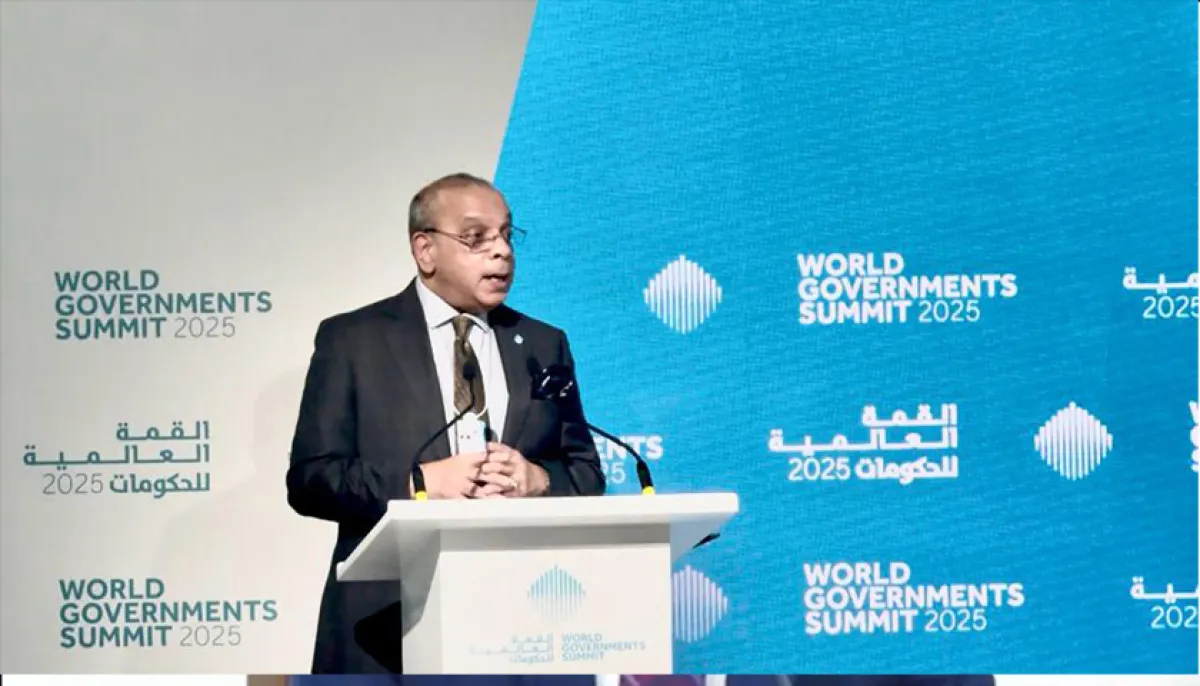
Chief Justice Dr. Syed Refaat Ahmed on Thursday said there is a broad consensus that legislative reforms must strive to build a just and equitable society while keeping pace with rapid transformations driven by technological advancements, Artificial Intelligence (AI), and other global shifts.
He said, “In this evolving landscape, the development of institutional and systemic capabilities to ensure a fair distribution of benefits and responsibilities through legislation is central to achieving distributive justice. A critical challenge, therefore, is to identify and prioritize areas where legislative action is needed to meet these goals.”
The chief justice came up with the observation while addressing the Global Government Summit (Global Government Regulatory Forum) at e&Hall in Dubai. Maryam Al Hammadi, Minister of State and Secretary General of the UAE Cabinet presided over the event.
The dynamic interplay of technology and global change presents both challenges and opportunities for innovative and forward-thinking legislative approaches, he added.
Dr. Syed Refaat also said, “The rapid evolution of technology has undeniably reshaped modern society, with profound implications for legal and regulatory systems. As the world undergoes unprecedented change, we are confronted with new and complex problems that demand urgent attention. Government intervention, whether through policies or legislation, has become essential to address these challenges effectively.”
He added: “A pressing task before us is to design sophisticated legislative and regulatory mechanisms that balance three key priorities: the protection of individuals, the preservation of traditional business interests, and the need to keep pace with constant disruptions driven by technological advancements, particularly AI.”
Emerging technologies like artificial intelligence (AI), the Internet of Things (IoT), robotics, and virtual reality (VR) are fundamentally reshaping how we live and work. In this fast-paced environment, agility is not optional, it is a necessity. Technology will not wait for us; we must proactively adapt to its advancements, he said.
The chief justice said, “We must also recognize the value of mixed legal systems that blend civil and common law traditions. These hybrid systems draw on the strengths of both traditions: the clarity and predictability of codified civil law and the flexibility and adaptability of common law. By harmonizing these approaches, we can create legal frameworks that are both robust and responsive to the demands of a rapidly changing world.”Chief Adviser Professor Muhammad Yunus on Wednesday visited three spots of Aynaghor in Dhaka.
Prof Yunus visited three spots in Dhaka that were previously used as torture cells and secret prisons, Chief Adviser's Deputy Press Secretary Abul Kalam Azad said.
Members of advisory council, members of the Commission of Inquiry on Enforced Disappearances, victims, local and international media personnel accompanied him during the visit to the spots located in Dhaka's Agargaon, Kachukhet and Uttara areas.
During the visit, an enforced disappearance victim showed Muhammad Yunus the wall of a torture cell in Dhaka’s Kachukhet area during his visit.
